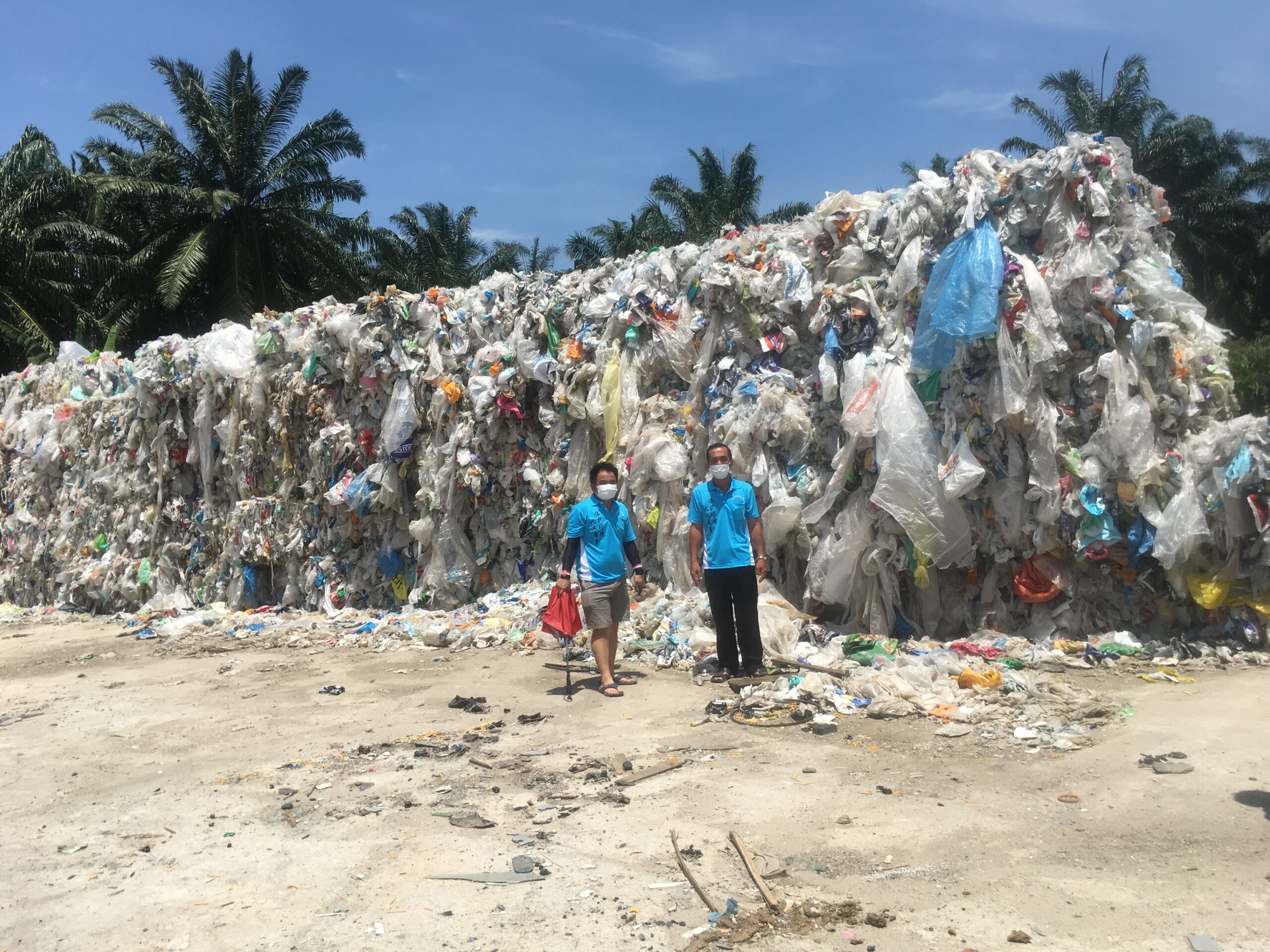Background
Despite so much news about climate change, the role of plastic pollution in exacerbating the issue is often neglected. Here’s a lesser-known fact: 99% of plastics are made from fossil fuels. Throughout their lifecycle, from (fuel) extraction to production to disposal via landfills, incineration, recycling, or simply being dumped, plastics exacerbate climate change by releasing greenhouse gases. As per the Plastics and Climate report by the Center for International Environmental Law (CIEL), if plastic production and use continue to grow as per current estimates, by 2030, carbon emissions could reach 1.34 gigatons per year—equivalent to the emissions from over 295 new 500-megawatt coal-fired power plants.
Plastics also often leak into terrestrial ecosystems, rivers, or oceans, and their impact on biodiversity is severe. Plankton - the grazers of aquatic habitats, sometimes, eat microplastics instead of their regular food, which affects their ability to sequester carbon at the end of their life cycles. Members of the Global Alliance for Incinerator Alternatives (GAIA) and Break Free From Plastic (BFFP) highlighted the link between plastics and the climate crisis in a campaign ahead of COP26 in 2021. This campaign is renewed leading to the upcoming United Nations Environment Assembly (UNEA 5.2) as organizations across the world call for a legally binding Global Plastics Treaty that could put a stop to plastic pollution.
Plastics & Human Health
Beyond being a major threat to the environment, plastics are also known to affect human health. The Plastics & Health report by CIEL outlines how plastics are toxic and therefore harmful to human health– through exposure to polymers used in producing plastics – by inhalation or ingestion, and by exposure to the many toxic additives mixed with polymers that make plastics as versatile as they are. Other research has shown that the air we breathe and the water we drink could also be contaminated by microplastics, and recently, microplastic was also found in the first poop of human babies. There have been instances where cancer, respiratory ailments, congenital disabilities, neurological disorders, immune system problems and childhood development issues were also linked to plastic pollution.
Plastics Recycling & Waste Trade
Even plastic recycling, touted as a key solution to save the world from plastic pollution, is not as clean or green as it seems. Worldover, only 9% of all plastics produced have been recycled. At present, recycling technology such as incineration, or chemical recycling, are not viable at scale and has a huge carbon footprint. There’s also a transnational angle to the plastic problem - often recycling in the “developed countries” of the Global North means shipping the waste, sometimes illegally, to the “developing countries” in the Global South, to be dumped or burnt openly.
For a long time, China was the dumping ground for much of the world’s plastic waste - till it said, STOP! In 2017, China’s National Sword Policy was the first-of-its-kind to ban imports of solid waste to the country. Sadly, without such a policy in the nearby countries, plastic waste trade routes shifted across boundaries and oceans, to end up in Southeast Asia.
In 2018, Malaysia became the world’s top destination for plastic waste. More than 850,000 tonnes of plastic waste, including municipal waste, was shipped that year from the European Union, Japan, US, UK, etc., to the country. This led to a sharp rise in illegal recycling facilities and dumpsites, causing land, water, and air pollution that affected several communities nationwide. This short video provides an overview of the issue in Malaysia.
The story played out in much the same way in other countries too: Indonesia, India, Thailand, and Vietnam. What can be done about this? We need systemic change in the form of international agreements and policies to put a stop to excessive plastic production, use and disposal worldwide, and we need to stop shipping waste to countries with weaker environmental laws.
From February 28th - March 2nd 2022, the United Nations Environment Assembly or UNEA 5.2 will be in session. Organizations like GAIA, BFFP, CIEL, and the Environmental Investigation Agency have just released a 2-page briefing with a broad overview of what should be included in a successful Plastics Treaty.
This is our global plastics en’treaty - the plastics treaty must be legally binding, cover the whole lifecycle of plastic, have an open mandate to address any issues relevant to plastic, include transparent reporting, technical and financial assistance, and mandatory commitments for plastic production reduction.
The time to act is NOW!
Access the UNEA 5.2 briefing document
The Break Free From Plastic movement has also released an advocacy toolkit for UNEA 5.2 and the Global Plastics Treaty and invites everyone, individuals and organizations alike to sign the petitions that will be found on the #breakfreefromplastic website.
To learn more about plastic pollution and solutions in Asia Pacific, catch The Podcast of Plastic on Spotify, Apple Podcasts, and other podcast platforms




